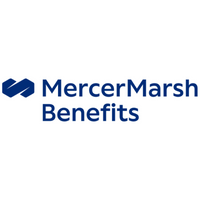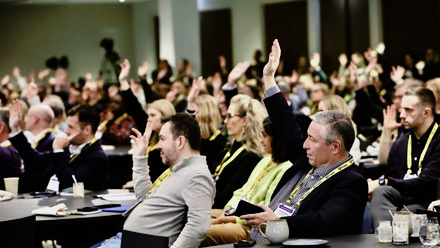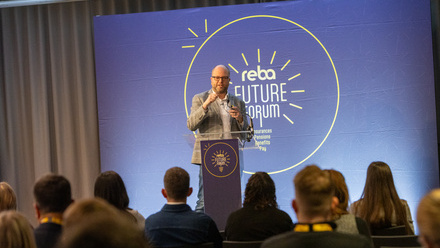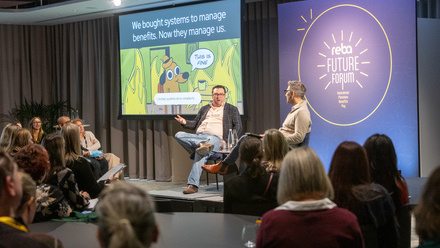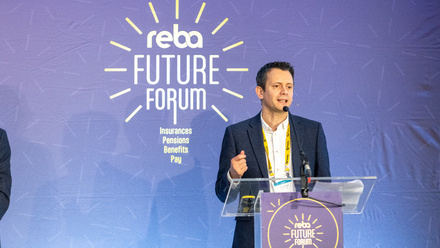Authenticity: the central component of future employee wellbeing strategies
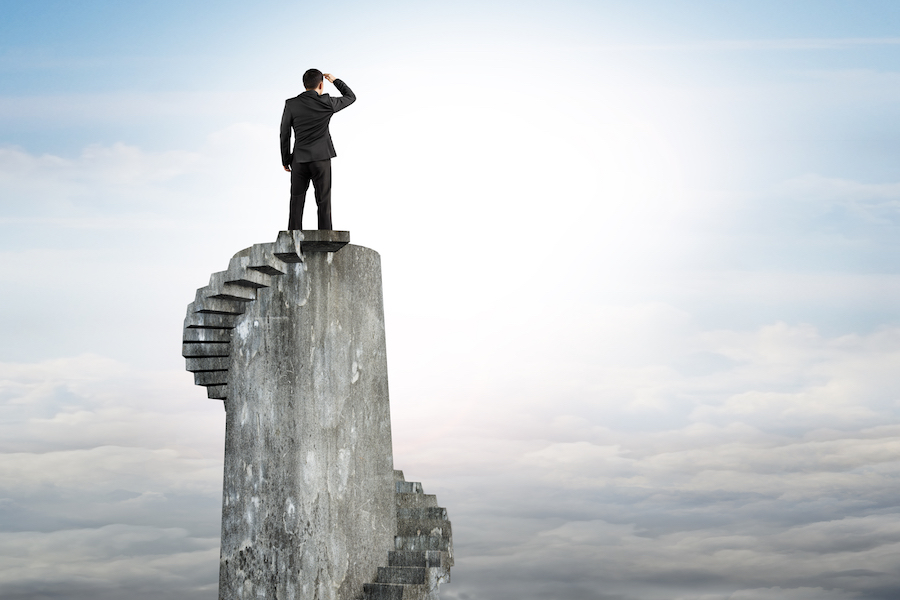
This isn’t anything new. We’ve long advocated the benefits of looking after employees in terms of lower absence, higher productivity, reduced employee turnover etc. What has changed is the realisation that wellbeing not only needs to be interwoven within the workplace culture, it also needs to be genuine and authentic to create a sustainable business for the future. Technology, leadership and communications all have a part to play in that process.
The role of authenticity
REBA’s exclusive Next Generation Wellbeing Breakfast, in association with Mercer Marsh Benefits, brought senior reward professionals from an array of sectors together to discuss new approaches to employee wellbeing.
A key theme from the discussions centred on the need for authenticity around wellbeing; be it authentic wellbeing messages from leadership teams, authentic wellbeing strategies that are built on a solid understanding of employees’ needs or authentic wellbeing policies and communications that are business-driven and are not just another HR initiative.
Ultimately, businesses can no-longer pay lip-service to wellbeing. You can put in a high-level global strategy, but it has to be authentic and meaningful in each location. Employers have to understand different cultures, where different countries are on their wellbeing journey, the nuances of languages, as well as take into account the needs of their employees.
For those organisations that have long celebrated their approach to employee wellbeing, the coronavirus crisis has truly tested their worth. Those that have taken action to support employees’ wellbeing have really seen the benefits of high employee engagement and the advantages that brings to their business during this time. It has also strengthened their resolve to have wellbeing as a key component of their business strategy.
Meanwhile, for those organisations with less focus on wellbeing, it has become acutely apparent that more needs to be done to support staff, many of whom have been left with a negative impression of their employer, to create a sustainable business for the future.
Sustainability and wellbeing
The coronavirus crisis has highlighted how sustainability and wellbeing are inextricably linked. As businesses look to how they will emerge from this crisis, the sustainability of their organisation is paramount and this absolutely relates to the wellbeing of their people.
Concerns around employees’ mental health, for those who have suddenly found themselves working from home or who are now on furlough, were raised during the webinar, as were concerns about employees’ general mental wellbeing in terms of dealing with the stresses of the crisis. This is just one example of how ensuring that employees are well now and into the future will be critical to an organisation’s success.
Wellbeing strategies are also accelerating. Where once wellbeing was seen as a nice-to-have, it is now being recognised as a crucial part of company culture. It needs to be woven into the fabric of the business in an authentic and meaningful way to support its long-term sustainability.
Leadership
Connected to the idea of sustainability is the move away from wellbeing as just another HR initiative to it being a business imperative that has strategic importance. This cannot happen without the right leadership.
Many of those attending the virtual breakfast gave examples of how leaders are crucial to driving a wellbeing culture. A key issue raised was the tension between people risk and business risk.
For example, in one organisation employees’ health and safety was the priority. Therefore, new sales incentive plans have been developed to put wellbeing requirements as a top priority – if an employee breaches health and safety protocols they won’t get paid their incentive. This type of measure can only be implemented with the backing of business leaders, demonstrating their authentic approach to the health and wellbeing of their employees.
Moreover, those leaders who have been human, visible and relatable during the coronavirus crisis have really helped to drive home wellbeing messages. Those attending the webinar advocated the need for leadership communications to be authentic and not divisive to bring together the workplace community, and to boost wellbeing.
In the months ahead, when many organisations are likely to have to make redundancies and undergo restructuring, strong, supportive leaders who are empathetic and focused on employee wellbeing will help to provide long-term business sustainability.
Communication
Beyond messages from business leaders, the value of wellbeing champions and employee networks were highlighted as ways to embed a wellbeing culture and to communicate to employees.
Recognition tools, social wellbeing and community-based initiatives were acknowledged as having a big impact on workplace culture and wellbeing. By involving employees at all levels – not just taking a top-down approach – the webinar attendees felt that employers were more likely to build an authentic, sustainable employee wellbeing culture.
It is perhaps the ‘social’ part of wellbeing that has really thrived in recent months and has helped to maintain links with employees. Many of the attendees explained how they have been using technology and social wellbeing events to help support employees who may be feeling isolated; be it with quizzes, yoga classes or social e-meet-ups. It is this more informal engagement and communication that has been useful in maintaining morale during this time.
Communicating with employees isn’t just about giving them information about business strategy, it’s also about making them feel part of the organisation and looking out for their wellbeing. And with numerous social tools available, staying in touch with a workforce that is now largely home-based, or perhaps no longer able to work and socialise in the same way, is a lot easier than it has been in the past.
Technology
Technology has been a gamechanger when it comes to employee wellbeing, with an array of products that can help with any number of workplace wellbeing issues. However, a key finding from the webinar was that reward professionals are becoming increasingly conscious of what wellbeing tools they are investing in, and how these will impact their long-term wellbeing strategy.
Again, it comes back to the idea of authenticity. It’s not just about buying products. Employers need to take sustainable decisions on wellbeing technology that they know will support their wellbeing strategy into the future.
The key message to come out of REBA’s Next Generation Wellbeing Breakfast is the need to create an employee wellbeing strategy that is truly authentic. One that resonates throughout the organisation and is fully supported by the leadership team. One that doesn’t rely on gimmicks to keep it fresh, but rather a strategy that permeates the whole organisation in a holistic manner and that is authentic through and through.
The author is Dawn Lewis, content editor at REBA.
More content from REBA’s Next Generation Wellbeing Breakfast
Video: Sian Anthony of Rathbones on how changing behaviours have influenced workplace wellbeing
Video: Jeremy Hill from Standard Chartered Bank on new approaches to global wellbeing
Coinciding with the webinar was the launch of Mercer’s wellbeing app, which focuses on individual employees and is powered by digital social communities. The app helps employees create and maintain healthy habits to improve their physical, mental, social and financial wellbeing. Through gamification techniques, the app nudges the individual to engage with new and existing benefit offerings and wellbeing ideas based on their personality and behaviour data. It also connects colleagues through a company social network, further encouraging workforce participation and positive engagement.
Supplied by REBA Associate Member, Mercer
At Mercer, we believe in building brighter futures.

